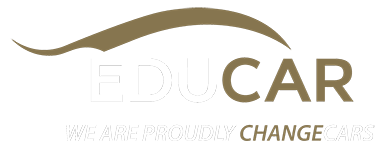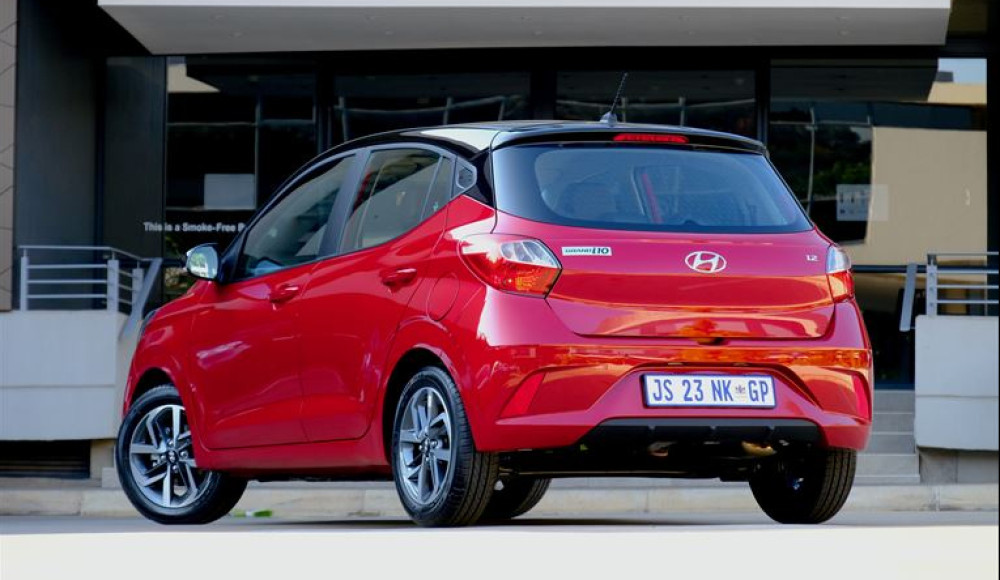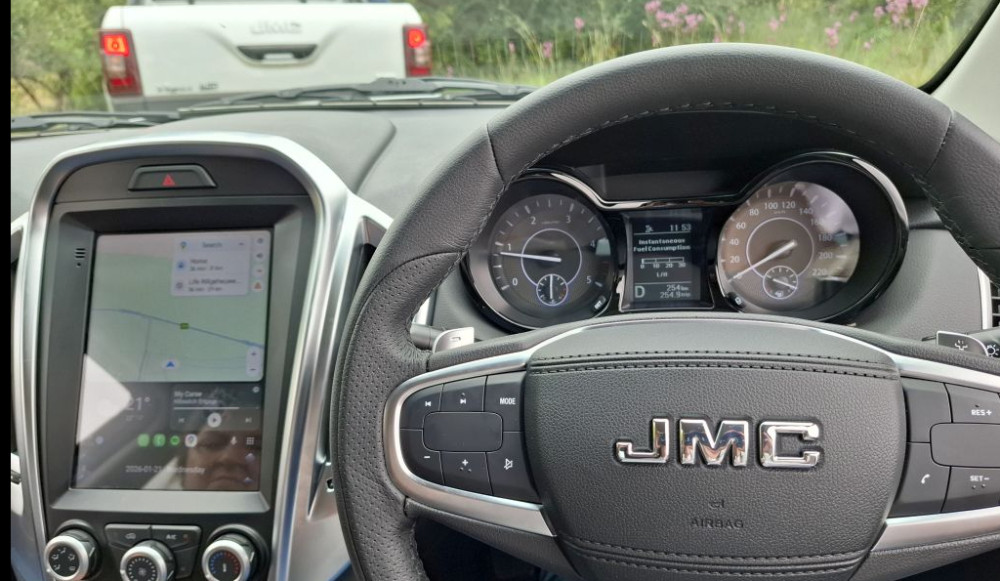New Energy Vehicles (NEVs) are firmly establishing their presence in South Africa, largely thanks to the arrival of more affordable models. While the environmental benefits are clear, the lower running costs are what’s really driving buyer interest at the moment.
Of course, this technological shift means both consumers and dealerships need to adapt. Each type of NEV—whether fully electric, plug-in hybrid or traditional hybrid—demands a deeper understanding of its unique maintenance and operational requirements, which differ significantly from conventional internal combustion engine (ICE) vehicles.
It’s essential for buyers to be aware that while maintenance needs are reduced, they’re not eliminated.
Reduced Maintenance, New Priorities
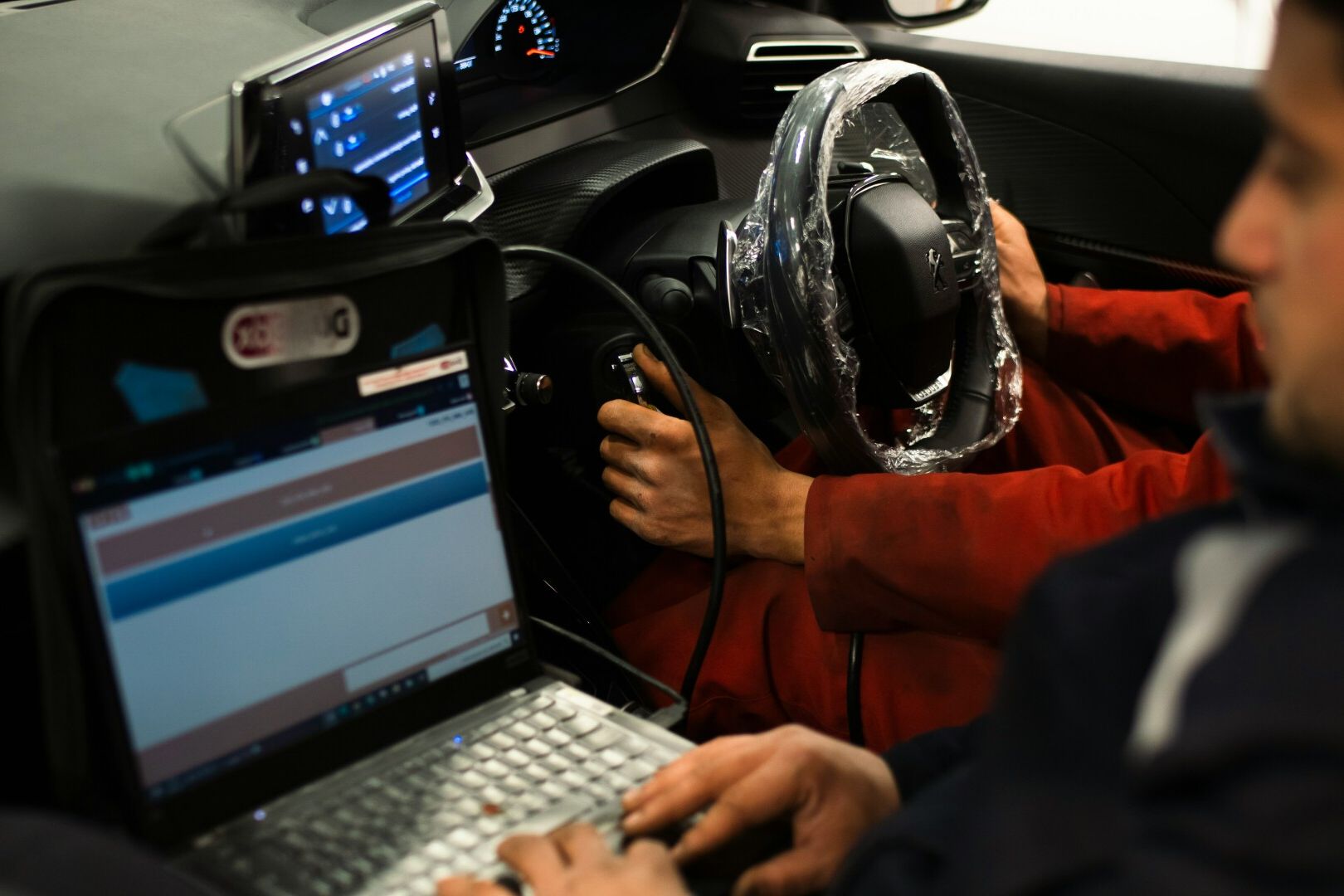
We’ve got you covered – for the best insurance deal click here
Compared to petrol and diesel vehicles, electric cars have far fewer moving parts, so gone are the days of regular oil changes, spark plug replacements or exhaust system repairs. This translates directly to lower servicing costs and fewer visits to the workshop, enhancing the vehicle’s overall value proposition.
That said, reduced maintenance shouldn’t be mistaken for zero maintenance. Regular inspections remain critical for safety, efficiency and protecting the substantial investment an NEV represents.
Key Components Requiring Ongoing Attention
Battery Pack: The battery is not only the most expensive single component of an NEV—sometimes accounting for up to 40% of the vehicle’s value—but also the most critical. Routine checks by qualified technicians are necessary to catch minor issues before they become major, expensive problems.
Thermal Management System: The vehicle’s air-conditioning system is often integrated with the battery’s cooling system. Proper functioning is vital, as both extreme heat and cold can impact battery performance and lifespan. Regular checks of this system are non-negotiable.
Braking System: EVs primarily use regenerative braking, which reduces wear on brake pads and discs. However, this blended system is more complex and requires periodic inspection to ensure safe and reliable operation.
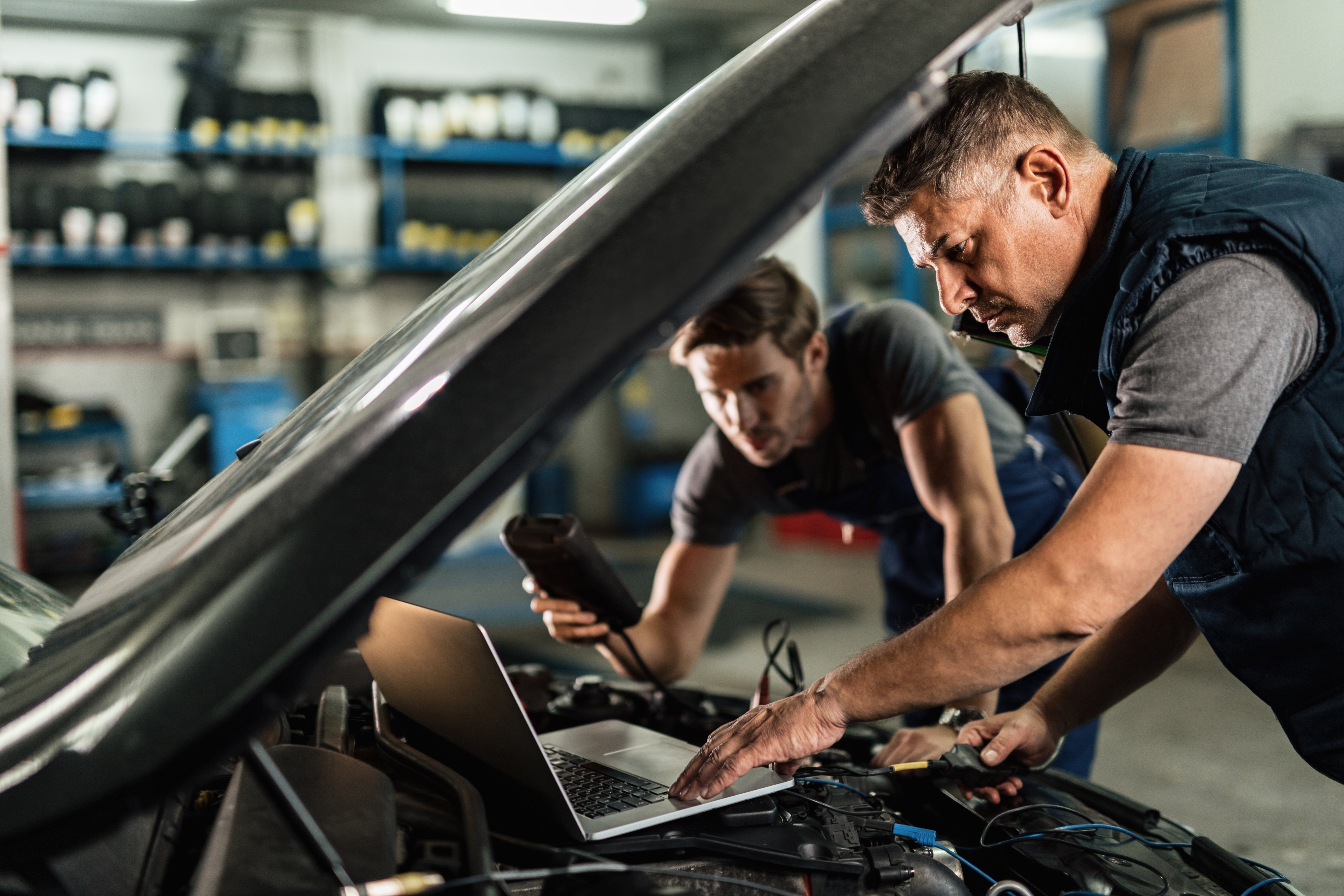
Need finance – click here for the very best finance deals for your new car
Digital Maintenance:
The Software Factor Today’s NEVs are as much defined by their software as their hardware. Routine software updates and service bulletins can improve battery management, extend range, and add new features. Keeping the vehicle’s software current is now just as important as traditional mechanical servicing. Protecting Asset Value Ashley Samuel, Director of the National Automobile Dealers’ Association (NADA), emphasises that adhering to manufacturer-recommended service intervals is essential. Missing scheduled maintenance can void warranties, compromise safety, and negatively affect resale value. Regular servicing remains the best strategy for protecting an NEV’s long-term value.
Dealerships and Training: Meeting New Demands As NEVs become more common, dealerships must invest in skills development, training, and infrastructure suited to this new technology. Servicing these vehicles requires technicians with specialized training in high-voltage systems and advanced diagnostics. Only certified professionals should handle these vehicles to ensure both safety and performance. Franchised dealerships across South Africa are investing in dedicated NEV service bays, specialised tools, and advanced equipment.
These changes are designed to ensure dealerships maintain the high standards of quality, safety, and trust that customers expect. As Samuel notes, the automotive sector is evolving rapidly, and dealerships are keeping pace by investing in the necessary resources to support the growth of NEVs. The goal is to provide South African motorists with the confidence that their vehicles are being maintained by highly trained professionals in facilities equipped for the future of mobility.
Colin Windell for Colin-on-Cars in association with
proudly CHANGECARS
